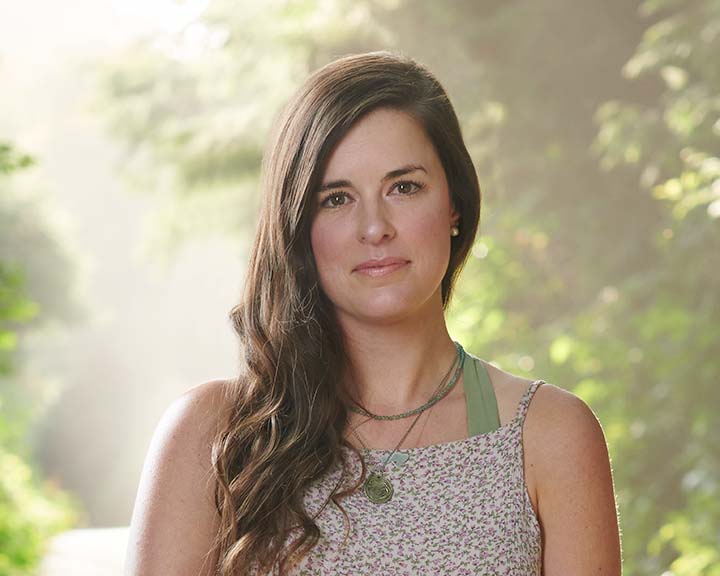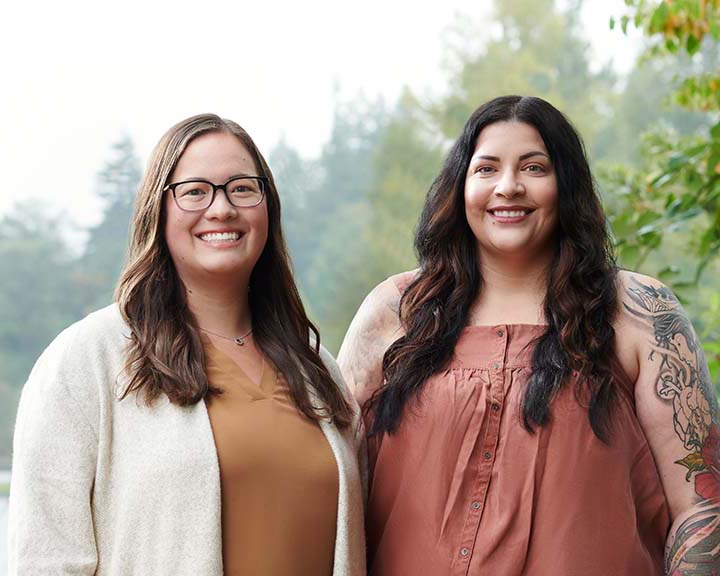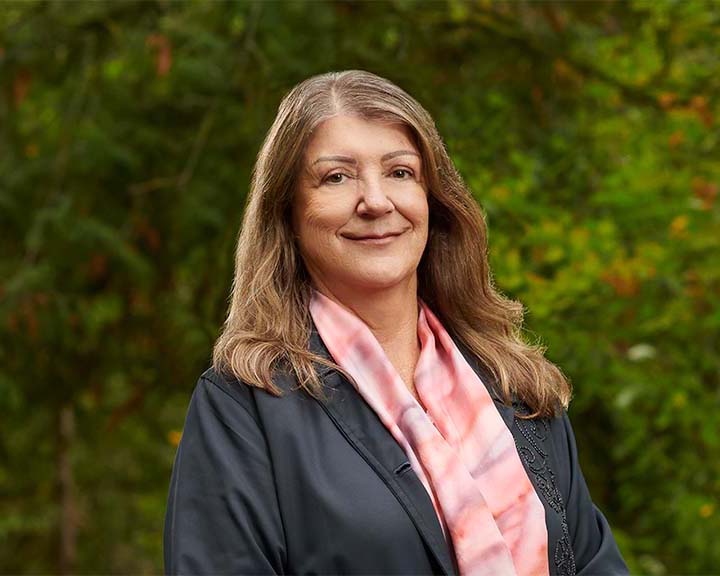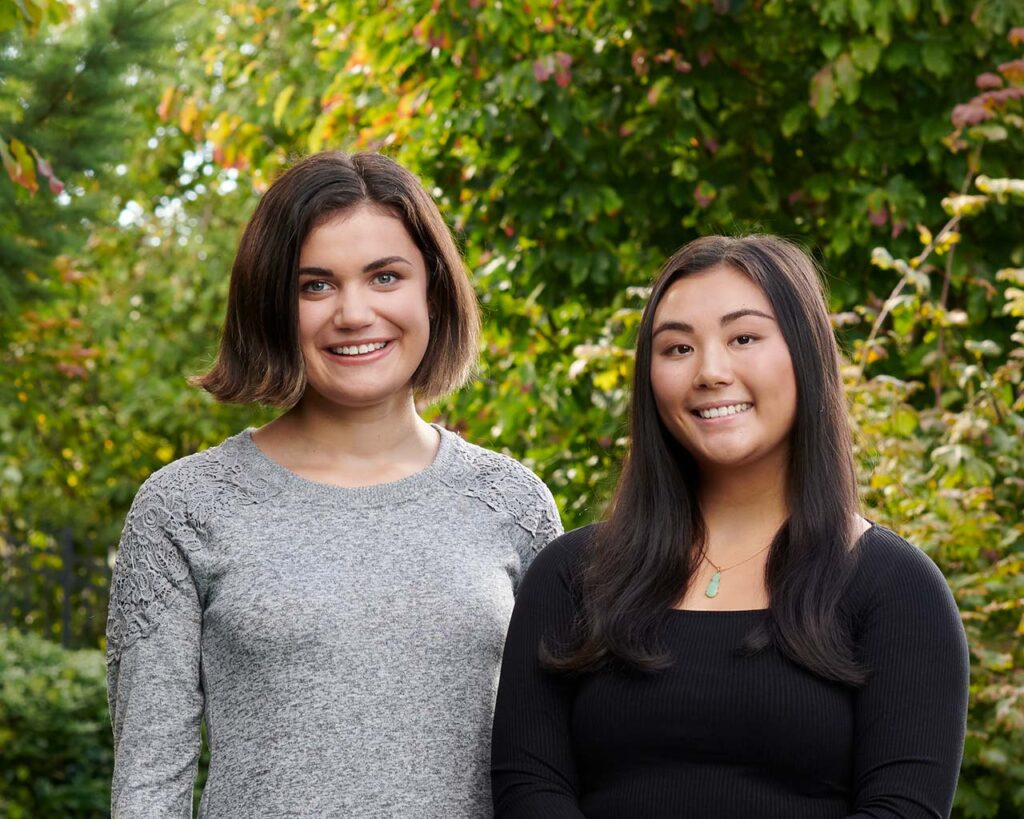




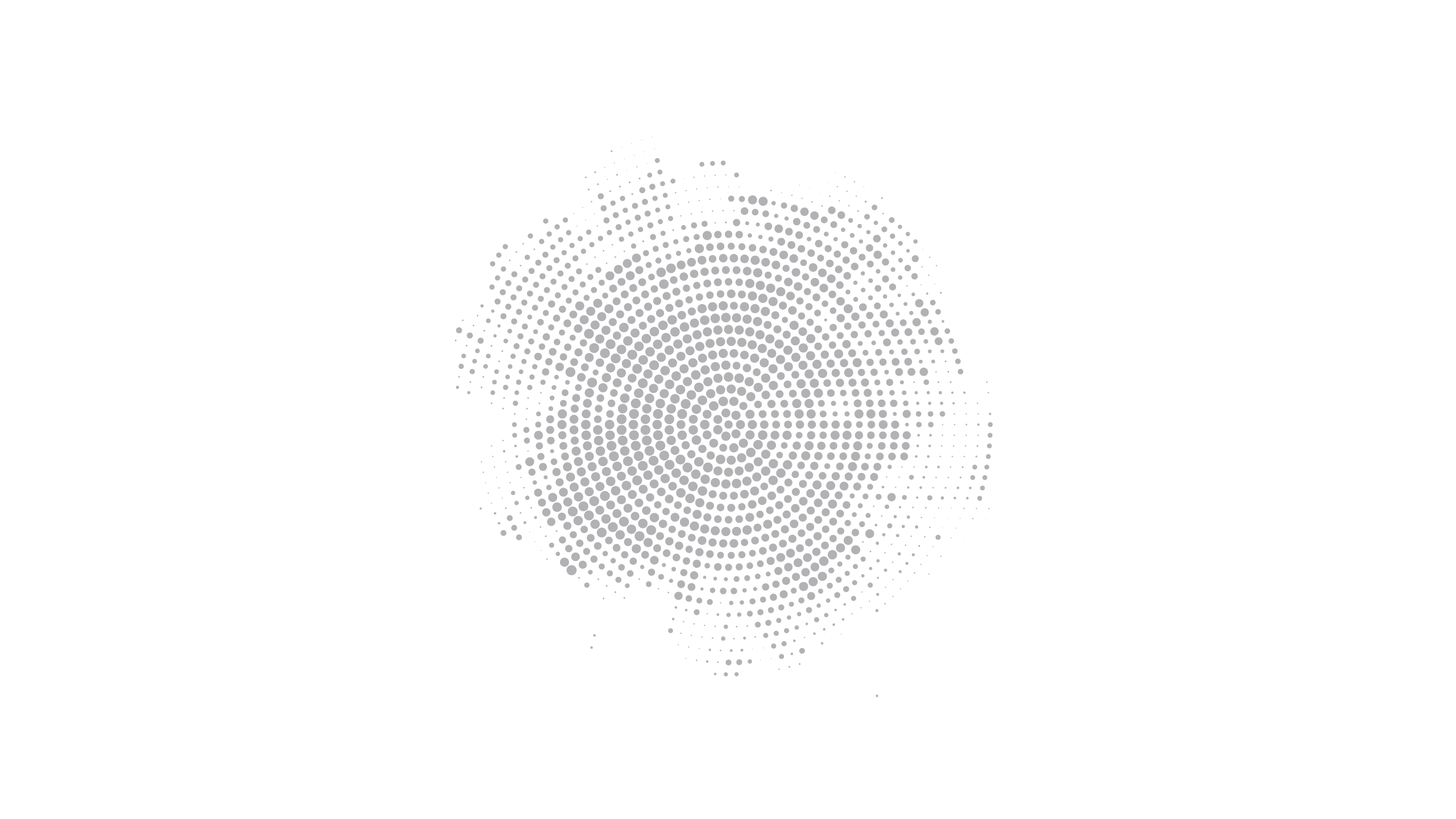

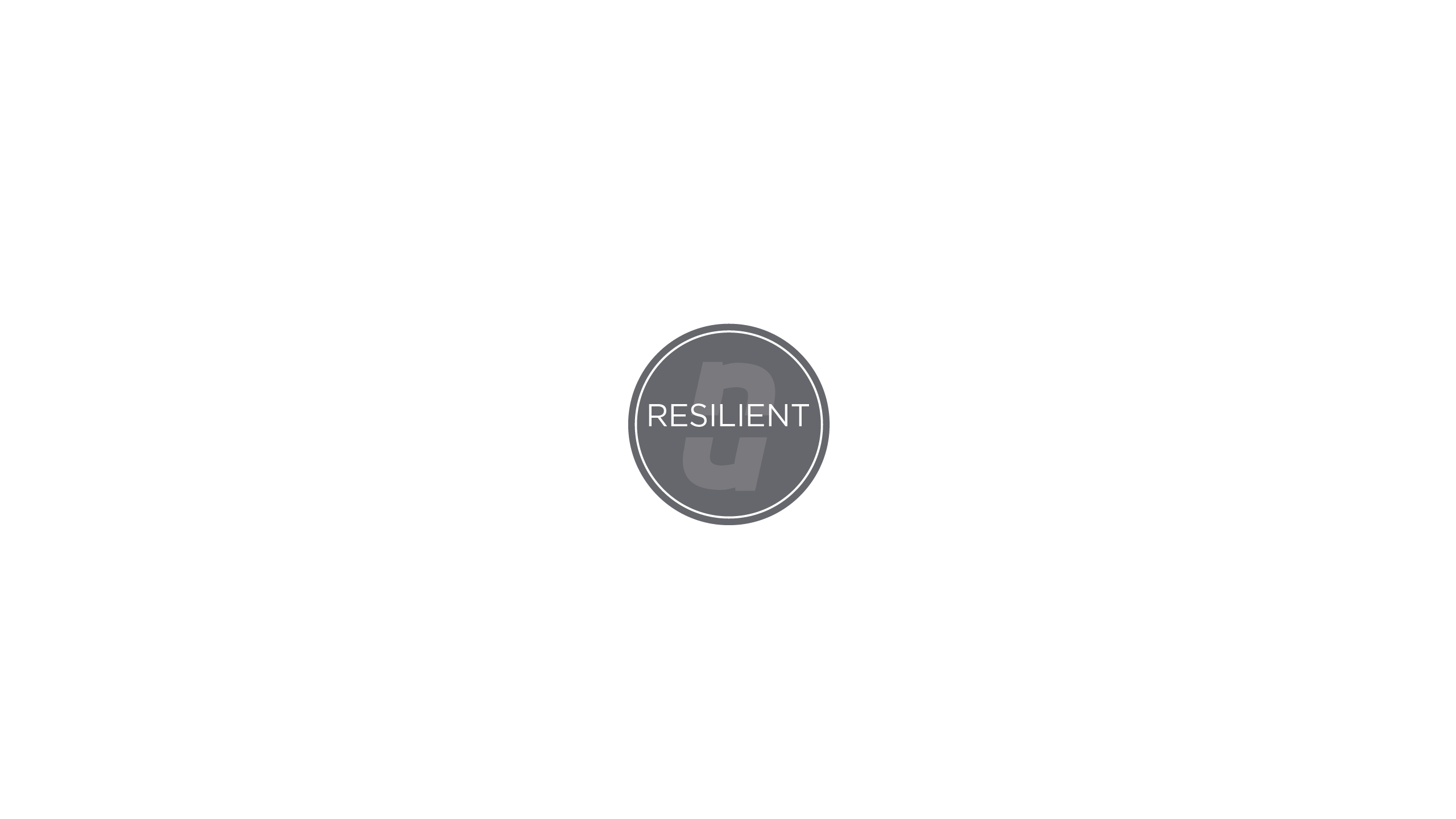
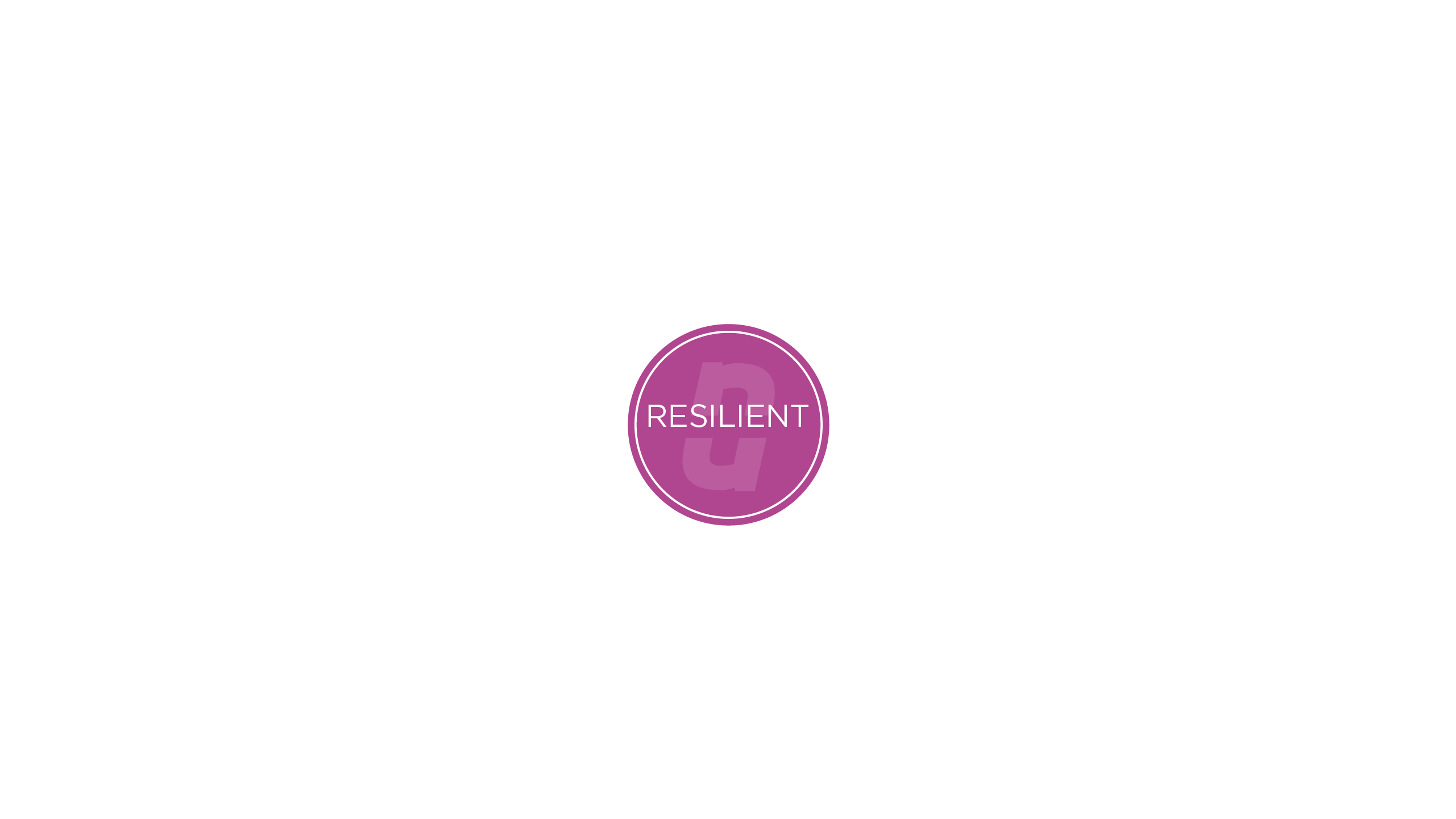
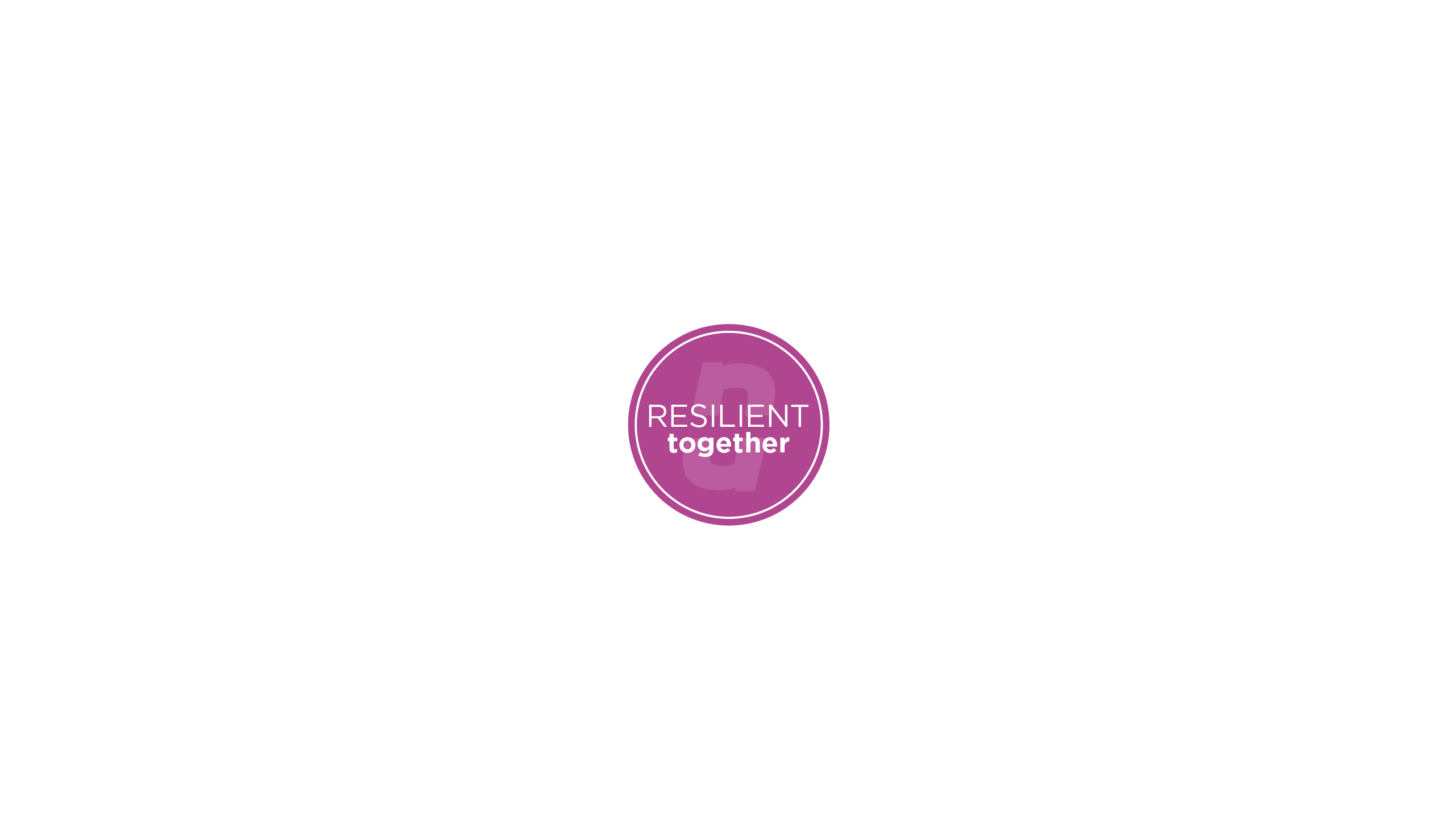
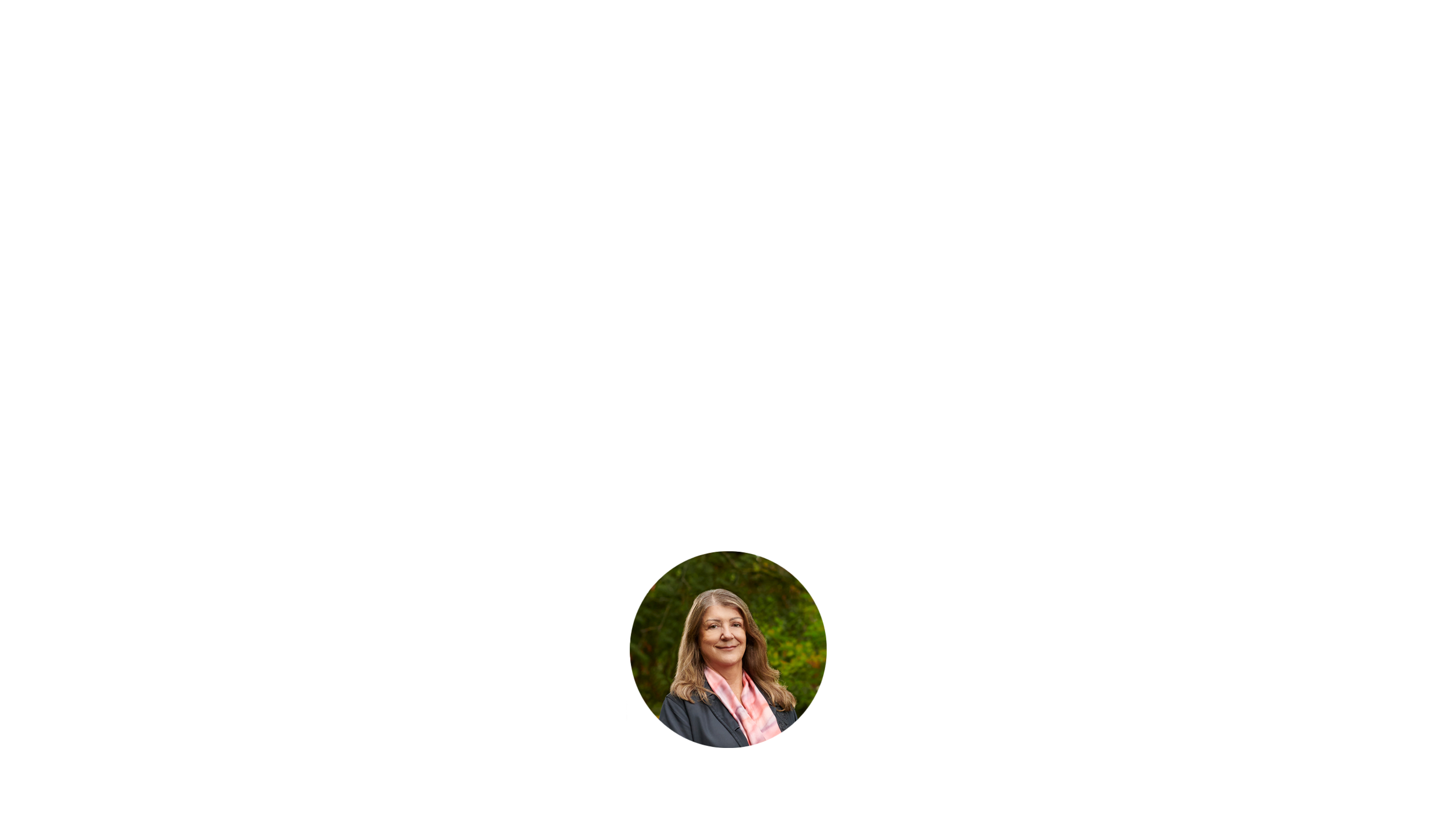



BCNU MEMBERS HAVE RISEN TO THE CHALLENGE OF THE GREATEST PUBLIC HEALTH CRISIS IN A GENERATION
Resilience is also much more than an individual skill. For even the strongest tree cannot endure a gale without the protection of the forest. There are layers of resilience. The stories in this report are a testament to resilience at the individual, workplace, organizational and community level.
Leadership Messages
Our Members
By Profession
| RN/RPN | 36,878 |
|---|---|
| LPN | 9,361 |
| Allied | 335 |
By Sector
| Acute care | 33,870 |
|---|---|
| Community Service | 10,125 |
| Long-Term Care | 4,981 |
By seniority
|
|
Resilient Union
BCNU activists are committed to building resilient workplaces and communities. The work they do is critical for defending our health-care system and advancing our professional voice. But resilience is expressed in a variety of ways. Regional council members elected to represent members in each of the 16 BCNU regions are listed below, many of whom have shared what resiliency means to them.
Resilience means persistence and staying positive.
It’s the ability to recover from difficult life situations. This is increasingly more difficult in nursing as we struggle with relentless short staffing, excessively high patient-to-nurse ratios and the pandemic.
It means setting boundaries and allowing myself to say no without feeling guilty. It’s taking time to focus on my mental and physical health with nutrition and exercise.
It means testing one’s capacity, having the courage to continue on and adapting to challenging situations. I choose to show up, stay positive, lighten the burden of life with laughter and surround myself with good people.
It’s about embracing healthy thoughts by practising gratitude. There is always something to be thankful for. A positive attitude is the difference between your cup being half full or half empty.
It means finding ways to respect my boundaries and recognizing how I respond to and recover from challenging situations. Every day this is something I work to improve.
I build time for outdoor activity because it’s all about the happy exercise endorphins. I use other council members as sounding boards for a sense of connectedness and support.
It means fostering wellness through recognizing and adhering to boundaries. We need to advocate for ourselves, learn to say “No”, and be compassionate with ourselves and our needs.
“Out of suffering have emerged the strongest souls, the most massive characters are seared with scars.”
Kahil Gibran
Finding purpose through volunteering for a cause I care about has been something I’ve enjoyed doing for over 15 years. This community connection provides me with an inner drive that reflects self-determination and autonomy.
“You’ll get mixed up, of course, as you already know. You’ll get mixed up with many strange birds as you go. So be sure when you step. Step with care and great tact and remember that Life’s a Great Balancing Act. Just never forget to be dexterous and deft. And never mix up your right foot with your left.”
Dr. Seuss (Oh the places you’ll go)
It involves fostering wellness by going to the gym, pacing yourself, keeping a healthy diet and enjoying hobbies such as playing the guitar and cooking. I’m starting to explore meditation.
It means embracing healthy thoughts by keeping things in perspective, accepting change, maintaining a hopeful outlook and learning from your past experiences.
It’s about staying connected with my supports. I thrive on my tribe and count on family and friends. They’re my utmost priority and understand me even when I’m in the midst of challenging situations.
It’s reminding myself: one step/day/task at a time. I can only do so much. I am not alone. Ask for help. I focus on the endgame and know I am helping.
It’s about giving myself time and space to feel what I need to feel and then move forward. I try not to label the feelings as good or bad. They just are and once they pass I can often move forward with a more positive perspective.
Resilient Leaders
BCNU Leadership Awards
Congratulations to 2021 winners Maria Huertas and Danika Serafin
EXCELLENCE IN LEADERSHIP & ADVOCACY AWARD
Maria Huertas
Simon Fraser region
NU LEADER AWARD
Danika Serafin
North East region
The Excellence in Leadership & Advocacy Award honours a BCNU member making a difference to the health and well-being of their community and profession through leadership, activism or social justice efforts.
The NU Leader Award honours a student member or nurse with less than five years of nursing experience for demonstrating outstanding achievement in BCNU-focused advocacy and who embodies
union values.
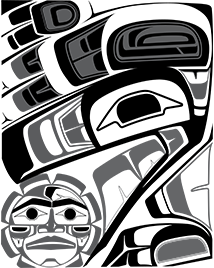
Raven Steals the Sun
Award recipients received an etched glass piece featuring art by Erik Prytula, a Haida artist from the eagle clan Tsiits Gitanee, called Raven Steals the Sun. Inspired by the creation story where the raven steals the sun, the moon and the stars and puts them in the sky, creating life as we know it. The print is a representation of nurses bringing light to dark places.
By the numbers

159
leadership assembly participants

400+
BCNU convention 2021 participants
119
Building Union Strength
82
Steward Essentials
81
Full-time Steward and Steward-at-large Day
75
Nursing Practice
65
Crucial Conversations
30
Member Educator
Day
21
Steward Intermediate
17
JOHS

342
members attended personal resiliency webinars

385
members registered for personal resiliency course

79
Member Safety and Support Line calls

1,034
responses to COVID safety concerns

37
Member Safety and Support Line calls

121
responses to COVID outbreaks

234
responses to COVID queries

3,144
grievances opened

2,744
grievances closed

2,344
OHS support emails

441
WorkSafeBC cases closed successfully

71%
success rate on members’ LTD appeals

13,064
2020 salary reimbursement days claimed by members

45,441
2020 payments issued to members

$7,903,615
2020 licence fee reimbursements

$8,126,140
2021 licence fee reimbursements

1,179
members approved for education bursaries
STRATEGIC DIRECTIONS 2023
2021 ORGANIZATIONAL PRIORITY: Strengthen our organization’s outreach and member involvement through innovative and responsive delivery methods focused on members’ health and safety and the implementation of collective agreements
By 2023 BCNU will have anticipated and responded effectively to member needs through:
- increased activism using constructive engagement to optimize member influence
- enabling robust and innovative education, mentorship and support of stewards and members
- informed and empowered membership who are provided resources to understand and enforce contract language
- supporting members to utilize their professional voice to address practice concerns
- successful collective bargaining and implementation of agreements
- timely resolution of member issues
- recognizing and addressing systemic racism and the need for inclusivity and diversity through education, advocacy, and leadership
- implementing and establishing healthy and safe workplaces (psychologically and physically)
By 2023 BCNU Council will have effectively governed and fostered a member-centric culture through:
- modeling our values
- knowledge-based, inclusive and policy-driven decision making
- effective, responsive, and clear communication
- fostering the development of future leaders
By 2023 BCNU will have strengthened organizational capacity and improved culture through:
- enhanced coordinated interdepartmental services
- utilizing technology, innovation and evidence based best practices
- supporting a learning environment
- implementing Canadian Standards Association standards to support psychologically healthy and safe workplaces throughout the organization
- continued outreach to potential members about the benefits of belonging to BCNU
- recognizing achievements and celebrating successes
By 2023 BCNU will have demonstrated it is the professional voice of nursing and a respected, influential health-care leader through:
- ensuring BCNU values are the foundation of our decisions, policies, procedures, and actions
- building relationships with nursing and labour organizations
- exploring opportunities with external partners, including government, HEABC, health authorities, education, and research institutions and other health-care providers
- addressing inequities in diversity and inclusivity
- advocating for nurses to be involved in public policy
- engaging external partners on health-care matters that impact nurses and the delivery of safe patient care
- increasing public and industry recognition of the BCNU brand and image
- increasing outreach and development to enhance relationships with schools of nursing and nursing students
- lobbying for additional nursing school admissions and career laddering opportunities
- being the key source of communication for nursing and professional practice
By 2023 BCNU will have remained a strong defender of a publicly funded and delivered health-care system through:
- promotion and advocacy
- challenging the government on deficits and lobbying for improvement
- researching and publicizing methods of strengthening care delivery
- recognizing and responding to public health emergencies
- lobbying for improved health-care services for special populations
Click here for the printable version of the 2020-2021 annual report
